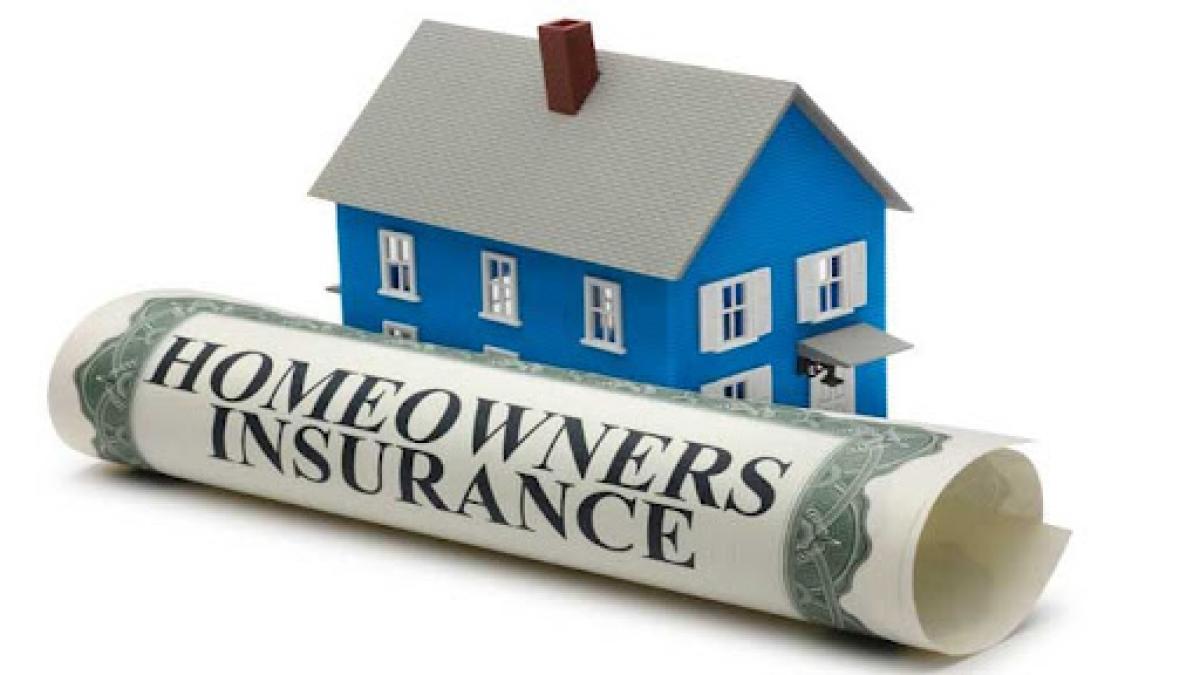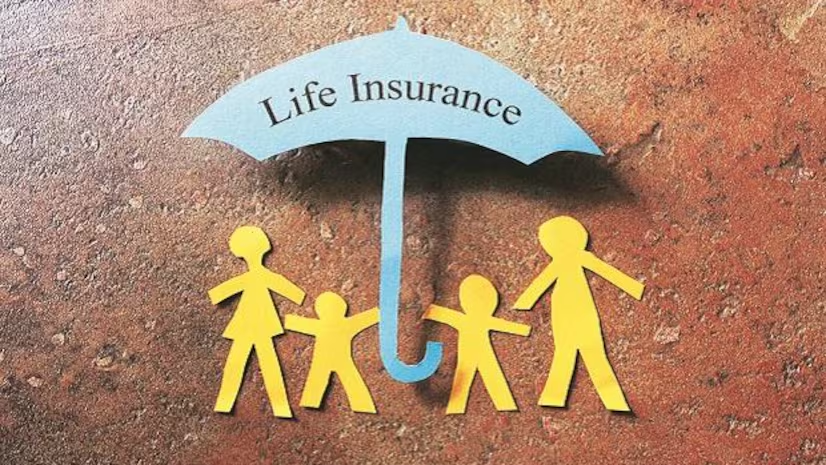Home insurance is a vital safeguard for homeowners, protecting against unforeseen events like fires, theft, or natural disasters. However, with rising premiums, many homeowners seek affordable options without compromising on coverage. This comprehensive guide delves into strategies to secure the best cheap home insurance, ensuring both protection and savings.
Key Takeaways
- Comparison is Crucial: Regularly compare quotes from multiple insurers to find the best deal.
- Bundling Saves Money: Consider bundling policies for potential discounts.
- Higher Deductibles Can Lower Premiums: Assess your financial situation before opting for a higher deductible.
- Enhance Home Security: Investing in security systems can lead to insurance discounts.
- Maintain a Good Credit Score: A higher credit score can result in lower premiums.
- Avoid Frequent Claims: Minimize small claims to prevent premium increases.
- Regularly Review Your Policy: Ensure your coverage aligns with your current needs.
Understanding Home Insurance

Home insurance provides financial protection against damages to your home and belongings. It typically covers:
- Dwelling Coverage: Protects the structure of your home.
- Personal Property Coverage: Covers personal belongings inside the home.
- Liability Protection: Offers protection if someone is injured on your property.
- Additional Living Expenses: Covers costs if you’re temporarily displaced due to a covered event.
Understanding these components helps in assessing your needs and avoiding overpaying for unnecessary coverage.
Strategies to Find Affordable Home Insurance
Shop Around and Compare Quotes
Don’t settle for the first quote you receive. Obtain quotes from at least three different insurance providers to compare rates and coverage options. This practice ensures you find the best deal tailored to your needs.
Bundle Policies
Many insurers offer discounts if you bundle multiple policies, such as home and auto insurance. Bundling can lead to significant savings, sometimes up to 25%. Ensure that bundling provides a better deal than purchasing separate policies.
Increase Your Deductible
Opting for a higher deductible means you’ll pay more out-of-pocket in the event of a claim but can lower your premium significantly. Assess your financial situation to determine a deductible amount that balances potential savings with affordability.
Enhance Home Security
Installing security systems like burglar alarms, smoke detectors, and deadbolt locks can make your home less risky to insure. Many insurers offer discounts for homes equipped with such safety features.
Maintain a Good Credit Score
In many regions, insurers use credit scores to determine premiums. A higher credit score often translates to lower insurance costs. Regularly check your credit report for errors and take steps to improve your score by paying bills on time and reducing debt.
Avoid Small Claims
Frequent claims can lead to higher premiums. For minor damages, consider paying out-of-pocket to avoid potential increases in your insurance costs.
Review and Update Your Policy Regularly
Life changes, renovations, or acquiring valuable items can affect your insurance needs. Regularly review and update your policy to ensure adequate coverage without overpaying.
Informed Decision-Making Is Essential
Too many homeowners renew their insurance each year without reviewing their policy. This often results in overpaying or being underinsured. The smartest approach is to:
- Compare policies from multiple providers annually.
- Evaluate changes to your property (upgrades, renovations, or additions).
- Adjust your coverage limits based on current property and possession values.
Low Premiums Should Not Mean Low Protection
A cheap policy that doesn’t cover essential risks — like fire, theft, or natural disasters — could cost you far more in the long run. Instead, prioritize value over price by:
- Ensuring you’re protected against major, realistic risks.
- Reading the fine print for exclusions or limits on claims.
- Verifying liability coverage in case someone is injured on your property.
Your Actions Directly Affect Your Premium
Insurance isn’t static — your behavior and home maintenance can actively reduce premiums:
- Install smoke detectors, burglar alarms, and deadbolts.
- Update old plumbing or wiring that may pose risks.
- Make energy-efficient or disaster-resistant upgrades (like storm shutters or roof reinforcements).
- Avoid making small, frequent claims that could raise your rates.
Your Financial Habits Matter
Insurance companies in many states consider your credit score. A poor credit score can increase your premium — sometimes significantly. Keep your score high by:
- Paying all bills on time.
- Keeping credit card balances low.
- Regularly reviewing your credit report for errors.
Bundling and Loyalty Can Be Powerful Tools — But Shouldn’t Be Blindly Trusted

Bundling your home and auto insurance or staying loyal to a provider can earn you discounts. However, these aren’t guaranteed to be your best option. Always check:
- If the bundled price is lower than getting separate policies.
- Whether loyalty is being rewarded fairly or if a new provider offers better value.
Your Location Dictates Risk and Price
If you live in a high-risk area — for instance, flood zones, hurricane-prone regions, or areas with high crime — your premiums will be higher. In such cases:
- Shop for insurers that specialize in your region.
- Consider government-backed options like the National Flood Insurance Program (NFIP) if applicable.
- Take additional precautions to protect your home and qualify for credits.
Continuous Policy Optimization is Key
Don’t let your policy go on autopilot. Life changes — marriage, children, a home office, or new valuables — may all affect your insurance needs. Set a reminder to:
- Reevaluate your policy each year before renewal.
- Remove outdated riders or unnecessary add-ons.
- Update personal property inventories.
Final Thoughts
Cheap home insurance shouldn’t come at the cost of safety or peace of mind. It’s not just about finding the lowest premium — it’s about making intelligent decisions that combine savings with solid protection. The “best” cheap insurance is one that gives you confidence during emergencies without draining your wallet during normal times.
By actively managing your policy, improving your home’s safety, maintaining good financial health, and regularly shopping around, you can get robust home insurance at a price that works for your budget.
Also Read :-What Does Home Insurance Actually Cover?
Conclusion
Finding the best cheap home insurance today isn’t just about choosing the lowest price — it’s about securing the right balance between affordability and adequate protection. As homeowners face rising premiums and evolving risks, it’s more important than ever to take a proactive approach. By shopping around, improving your home’s security, maintaining good credit, increasing deductibles wisely, and bundling policies when appropriate, you can significantly lower your insurance costs without sacrificing essential coverage.
Remember, the cheapest policy isn’t always the best — the goal is value: strong protection at a price that makes sense for your budget. Revisit your policy annually, stay informed about available discounts, and work with reputable providers to ensure peace of mind and financial security.
By taking these thoughtful steps, you’ll be well-positioned to find the best cheap home insurance that protects your most valuable asset — your home — both today and in the future.
FAQs
1. How often should I shop for home insurance?
It’s advisable to compare quotes annually or when significant changes occur, like home renovations or policy renewals.
2. Will my credit score affect my home insurance premium?
Yes, in many cases, a higher credit score can lead to lower premiums.
3. Are there discounts for installing home security systems?
Many insurers offer discounts for homes equipped with security systems.
4. Is bundling home and auto insurance always the best option?
Not necessarily. While bundling can offer discounts, compare the bundled rate with separate policies to ensure it’s the best deal.
5. How can I determine the right deductible amount?
Consider your financial situation and ability to pay out-of-pocket in the event of a claim. A higher deductible can lower premiums but increases your upfront costs during a claim.
6. Does my home’s location affect my insurance premium?
Yes, homes in areas prone to natural disasters or with higher crime rates may have higher premiums.
7. Can I change my home insurance provider at any time?
Yes, you can switch providers; however, ensure there are no penalties or gaps in coverage during the transition.



